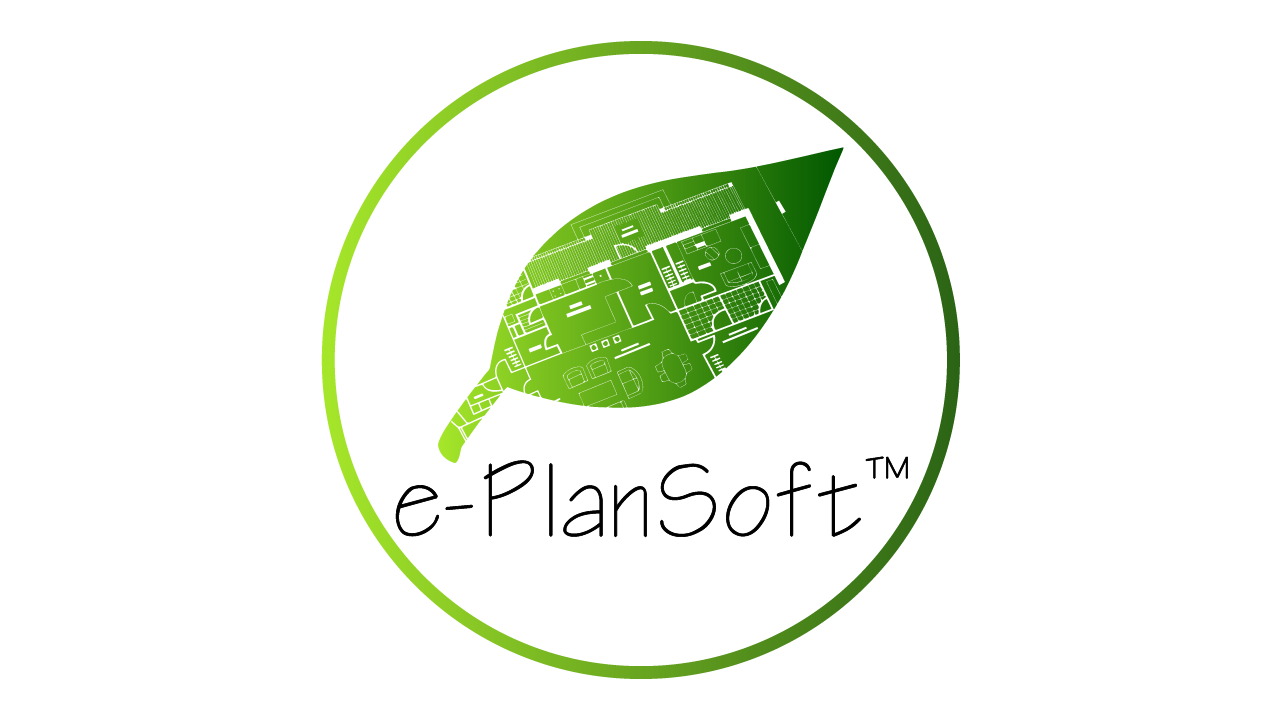From Paper Piles to Cloud Precision: How the Town of Medley Modernized Plan Review
The Town of Medley, Florida, has long been a hub of industrial and commercial activity. However, like many municipalities, its building department...

Explore our 2024 comparative review, your ultimate guide through the top-tier plan review solutions.
3 min read
 e-PlanSoft™ Team
Jun 22, 2023 11:20:04 AM
e-PlanSoft™ Team
Jun 22, 2023 11:20:04 AM
.png?width=500&name=Your%20Guide%20to%20Transitioning%20to%20ePlanning%20in%20the%20Public%20Sector%20(2).png)
Planning departments are making the leap from traditional paper-based processes to advanced electronic plan review software, reaping significant benefits in process efficiency, transparency, and sustainability.
Getting others on board is much easier when you know why you're making significant changes within your organization.
In order to successfully transition to ePlanning, the first step is understanding the benefits. ePlanning solutions, like e-PlanREVIEW, offer a more streamlined, efficient, and effective alternative to traditional paper-based systems.
Organizations using paper-based planning face challenges, including slow communication, cumbersome workflows, and version control issues. These obstacles can result in reduced productivity, confusion, and mistakes.
Electronic plan review software addresses these issues by speeding up communication, simplifying workflow management, and ensuring robust version control, thus enhancing overall efficiency and reducing potential risks inherent in paper-based planning.
Additionally, they promote collaboration, reduce environmental impact, and save valuable time and resources. The first step is selling these advantages to all stakeholders, ensuring everyone is on board with the change.
Selecting the right software can be a daunting task, given the multitude of options available. e-PlanREVIEW stands out in the market with its user-friendly interfaces, robust functionality, and tailored services designed for the public sector.
Look for software that integrates with your existing systems, scales as you grow, and offers intuitive functionality that makes the transition smoother for your team.
Ever had your parents tell you that if you fail to plan, you plan to fail? That still applies now that you're heading up an organization's software transition plan.
Transitioning to an ePlanning platform isn't something you should do overnight. It requires careful planning and execution. Start by assessing your current workflows and processes to identify what works and what doesn't. Then, create a detailed transition plan that covers all aspects of the change, from hardware and software installation to training and support.
Training is a critical component of the transition process. While e-PlanREVIEW's intuitive design makes it easy for teams to learn and use, comprehensive training ensures everyone understands how to use the solution to its fullest potential.
Consider combining training methods, such as: hands-on sessions, online tutorials, or user guides This way, you can cater to different learning styles.
Before going live with your new solution, test it thoroughly. Use realistic scenarios to ensure that your system meets all your operational requirements. Once launched, continuously monitor and tweak the system as needed.
Remember, transitioning to ePlanning is a journey, not a destination. Always be open to improvements and adjustments to better suit your needs.
Transparency and engagement are two of the key benefits of ePlanning. Promote these aspects to gain the trust of stakeholders, including residents, developers, and planners.
With features like public access portals and real-time tracking, e-PlanREVIEW helps you increase stakeholder engagement and build trust in your planning processes.
A powerful feature of ePlanning software is the ability to integrate with other software systems and automate routine tasks. This helps to streamline your operations further and eliminate manual and paper-based processes. Look for ePlanning software like e-PlanReview that easily integrates with your existing systems.
Automation of routine tasks such as sending notifications, generating reports, and tracking submissions can significantly reduce the time and effort involved in these processes. Remember, the goal is not just to replace paper with digital but to improve and streamline your operations.
Transitioning to ePlanning should not be a one-and-done project. It should be seen as part of a broader strategy of continuous improvement. This means regularly assessing your ePlanning processes and making necessary adjustments and enhancements.
Stay updated with new features and capabilities of your ePlanning software, and continuously educate your team on these updates. e-PlanSoft is committed to the continuous development and improvement of its software to ensure it stays current with industry trends and user needs.
Measuring the success of your transition to ePlanning is essential. This can be done by evaluating Key Performance Indicators (KPIs) such as: time saved, increased project submissions, reduction in errors, increased stakeholder satisfaction, and more.
Also, assess the return on investment (ROI) of your ePlanning software. This includes not only financial gains but also environmental benefits and improved public service. A successful transition to ePlanning should result in noticeable efficiency, transparency, and stakeholder engagement improvements.
Shifting from paper-based processes to electronic plan review in the public sector takes careful planning. It starts with understanding the benefits of going digital and choosing the right software for your needs. A clear transition plan and proper team training are also key. To keep improving, it's important to regularly review how things are going and make adjustments as needed.
As the public sector steadily moves toward digital solutions, electronic plan review has become more than a modern convenience, it’s a critical component of effective governance. While the shift from paper to digital can seem daunting, the long-term advantages far outweigh the initial challenges. Embracing technology allows agencies to enhance service delivery, make more informed decisions, and foster more sustainable and responsive communities.
.webp)
The Town of Medley, Florida, has long been a hub of industrial and commercial activity. However, like many municipalities, its building department...

Key Takeaways The true cost of plan resubmittals is the cognitive load required of reviewers to re-establish context and re-construct project...

Key Takeaways The high stakes of safety and compliance in plan review require a human-centric approach. AI’s true value lies in eliminating the...
.png)
The Story of a Visionary CEO
.png)
Before we jump into everything that makes our electronic plan review software stand out against...

3 min read
Buildings are massive consumers of energy, making up for roughly 40% of all energy consumption in the nation, according to the Energy-Efficient...